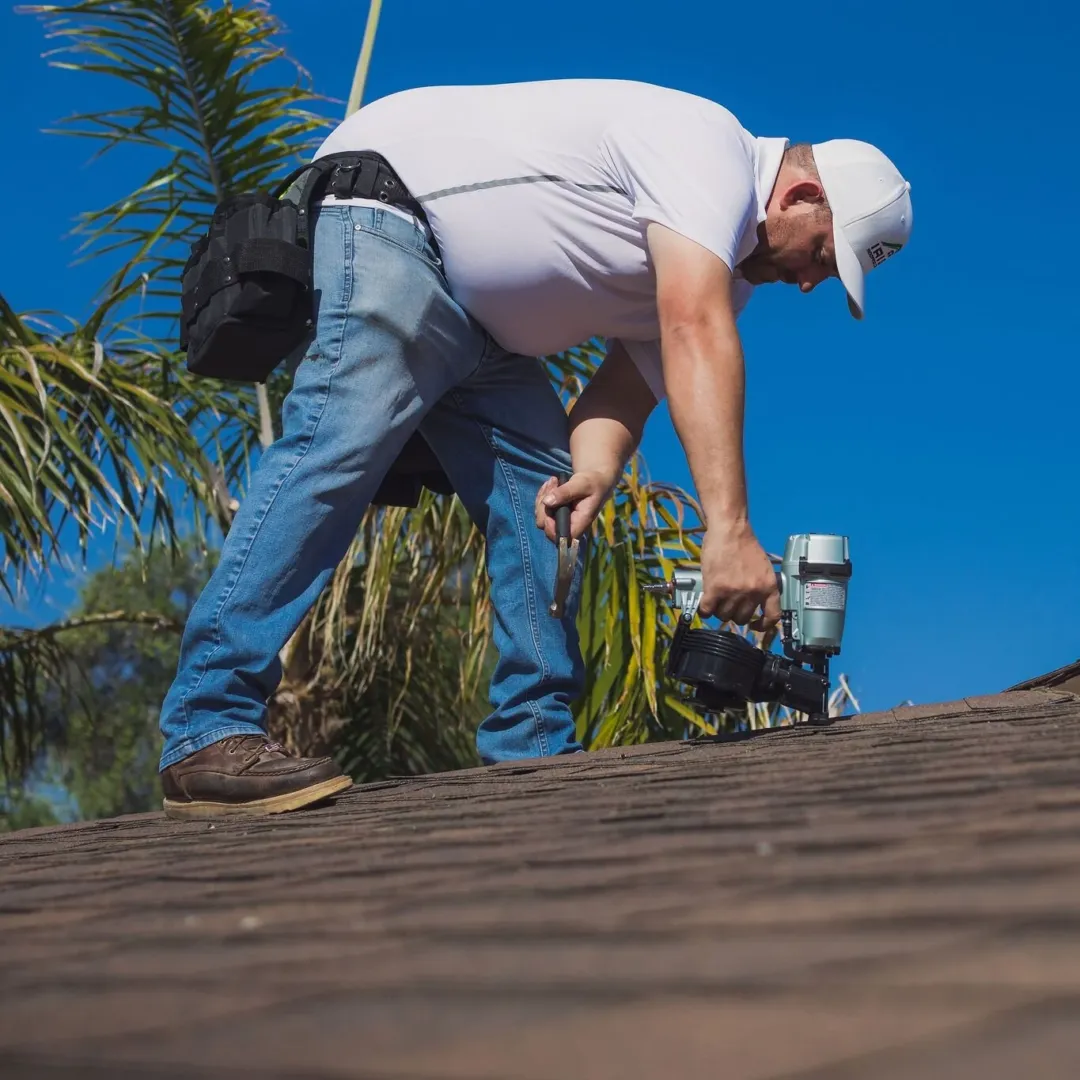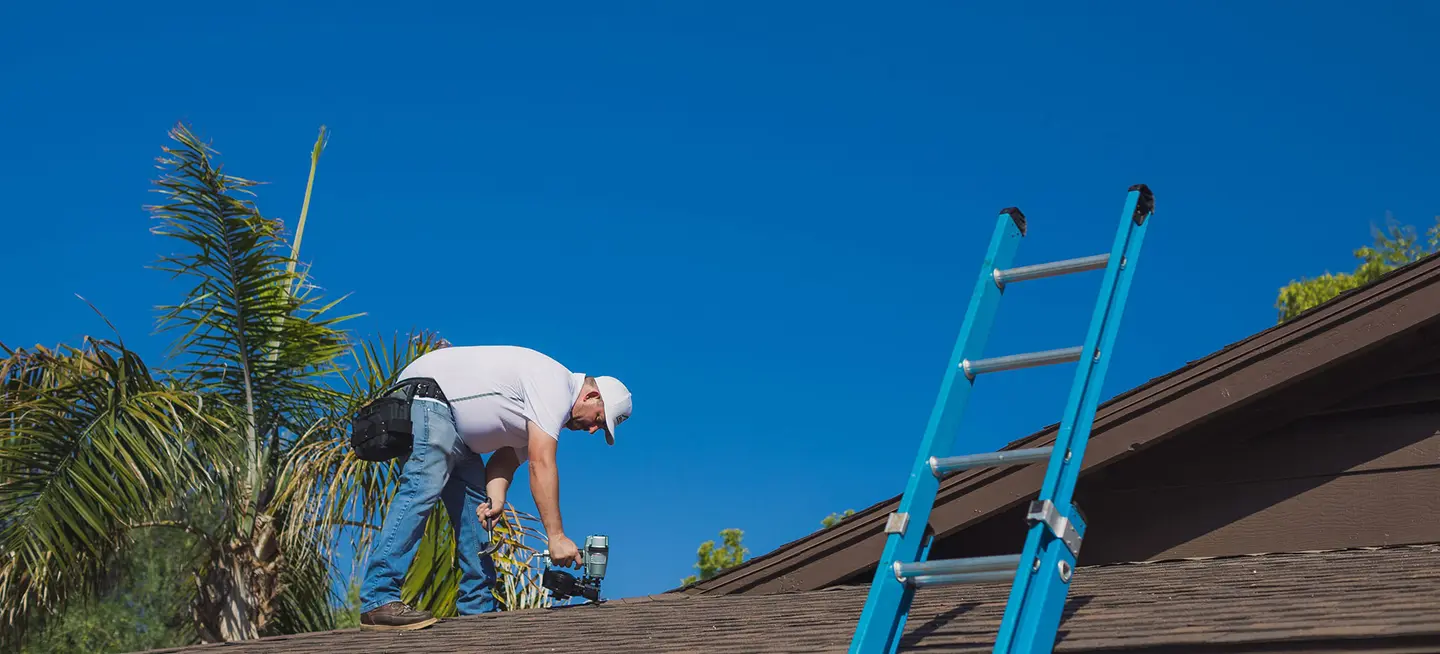
Reasons TPO Roofing is a Popular Choice for Commercial Buildings
Professional commercial roofing contractors recognize numerous advantages that make TPO an excellent option for modern construction and renovation projects.


A reliable rain gutter system is one of the most important investments you can make for your home. Gutters channel rainwater and thawing snow away from your foundation, protecting your roof, siding, windows, landscaping, and basement from costly water damage. With so much at stake, choosing the right gutter material is crucial—not just for performance but also for long-term value and curb appeal.
Two of the most popular and affordable options for homeowners are aluminum and plastic (vinyl) rain gutters. Both materials have strengths and weaknesses, and knowing the differences will help you make the best choice for your home. As professional roofing and gutter specialists, we’re here to break down the pros and cons of each so you can feel confident in your decision.
Aluminum gutters have long been the top choice for residential and commercial properties. Made from lightweight aluminum sheets, they come in a vast range of styles, sizes, and colors. Aluminum gutters can be installed as seamed sections or as seamless systems, which are custom-fabricated on-site for a perfect fit.
Vinyl gutters, sometimes called plastic rain gutters, are made from durable PVC plastic. They’re especially popular among DIY enthusiasts because of their low cost, flexibility, and straightforward installation. Vinyl gutters do not rust or require painting and are widely available at home improvement stores.
Let’s look at how aluminum and vinyl gutters stack up in the areas that matter most to homeowners.
Vinyl gutters are often marketed as the easiest option for self-installation. Most plastic gutter systems use a “snap-together” design, which means you can assemble them without specialized tools or skills. However, while the process is simple, it can be time-consuming, and the sections must be joined carefully to prevent leaks.
Aluminum gutters, on the other hand, are lightweight and easy for professionals to handle. One of the most significant advantages is the option for seamless installation. Seamless aluminum gutters are custom-made to adjust your home’s dimensions, reducing the number of joints and potential leak points. Professional installers can finish the job quickly and efficiently, ensuring a watertight system that stands the test of time.
Vinyl gutters are often less expensive than aluminum gutters in terms of upfront cost. This makes them an attractive option for budget-conscious homeowners or temporary solutions. However, it’s important to consider the long-term value. Aluminum gutters may have a slightly greater initial price, but their superior durability and lower maintenance needs often make them more cost-effective over the life of your gutter system.
Aluminum gutters are known for their strength and longevity. They’re resistant to rust and corrosion, and with routine maintenance, they can last 20 to 30 years or more—even in challenging climates. Aluminum won’t rot or warp, and seamless installations significantly reduce the risk of leaks.
Vinyl gutters are rust-proof and will never corrode, but they have challenges. Over time, exposure to harsh sunlight and fluctuating temperatures can make plastic brittle, leading to cracks and breakage. Vinyl gutters are best suited for mild, dry climates where extreme weather is not as great of a concern. In areas with heavy snow, ice, or frequent storms, vinyl gutters may not hold up as well as aluminum.
If you want your gutters to match or enhance your home’s exterior, aluminum is the winner. Aluminum gutters come in a vast range of factory-applied colors and can even be painted to achieve a custom look. This flexibility allows you to coordinate your gutters with your siding, trim, or roof for a seamless appearance.
Vinyl gutters are typically limited to a few standard colors, primarily white and brown. While these shades work for many homes, they don’t offer the same level of customization as aluminum.
One of the most significant advantages of aluminum gutters is the seamless installation option. Fewer seams mean fewer opportunities for leaks to develop over time. Seamless aluminum gutters are measured and cut to fit your home exactly, providing a sleek, continuous channel for water flow.
Vinyl gutters are always sectional, meaning they’re assembled from shorter pieces joined together. Every joint is a potential weak spot where leaks can form, especially as the plastic ages and expands or contracts with temperature changes.
Both aluminum and vinyl gutters are relatively low-maintenance compared to older materials like steel or wood. However, aluminum is generally easier to care for in the long run. It doesn’t rust, and its smooth surface resists debris buildup. Occasional cleaning and inspection are usually all that’s needed.
While resistant to rust, vinyl gutters can become brittle and crack, especially if they’re exposed to direct sunlight or extreme cold. If a section breaks, it must be replaced, and matching the color can be tricky if your gutters have faded over time.
Aluminum gutters have a slight edge in environmental sustainability. Aluminum is highly recyclable, and many new gutters are made from recycled content. At the end of their long lifespan, aluminum gutters can be recycled again.
Vinyl gutters are created from PVC, a type of plastic that’s not as easily recycled. While vinyl production has improved over the years, it’s still less environmentally friendly than aluminum.
For most homeowners, aluminum gutters are the better long-term investment. They offer superior durability, more color options, and the possibility of seamless installation, significantly reducing the risk of leaks. Aluminum gutters perform well in various climates, from hot and sunny to cold and snowy, requiring minimal maintenance.
Vinyl gutters are a good choice for those on a tight budget or temporary installations in mild climates. They’re easy to install and won’t rust, but they’re more prone to cracking and may not last as long as aluminum, especially in areas with harsh weather.
If you’re considering installing vinyl gutters, here’s a general overview of the process:
Measure and plan: Determine the length of gutter needed and plan the placement of downspouts.
Cut sections: Use a fine-toothed saw to cut gutter sections to the required lengths.
Attach brackets: Secure gutter brackets to the fascia board, spacing them according to manufacturer recommendations.
Assemble gutters: Snap the vinyl gutter sections and attach end caps, corners, and drop outlets as needed.
Mount gutters: Place the assembled gutters into the brackets and secure them.
Install downspouts: Attach downspout outlets and connect the downspouts, guaranteeing water is directed away from the foundation.
Test for leaks: Run water through the system to check for leaks at the joints and seams.
While vinyl gutter installation is manageable for many homeowners, professional installation—especially for aluminum gutters—ensures the best fit, performance, and longevity.
Choosing between aluminum and vinyl rain gutters depends on your budget, climate, and long-term goals for your home. Aluminum gutters outshine plastic in terms of durability, leak protection, and aesthetic flexibility, making them the preferred choice for most homeowners and roofing professionals. However, vinyl gutters can be a practical, affordable solution for certain situations.
If you’re considering a new gutter system or need to replace old gutters, contact a reputable roofing and gutter contractor. Professional guidance ensures you’ll get a system that protects your home and enhances its curb appeal for years to come.
Irish Roofing Company provides Scottsdale with residential tile roof installation and replacement, shingle roof installation and replacement, metal roof installation and replacement, roof repair, roofing maintenance, and roof inspection services. Count on our uniformed, knowledgeable, and experienced roofers for high-quality roofing solutions.

Professional commercial roofing contractors recognize numerous advantages that make TPO an excellent option for modern construction and renovation projects.

Commercial roofing experts utilize specialized formulations designed for maximum durability in demanding conditions.

Composed of specialized materials designed to protect and enhance roofing systems, these coatings create a seamless, protective layer across roofing surfaces.

We offer solutions for every roof and budget. Call today for a quote. Whether it’s a roof installation, roof repair, or roof maintenance, our team is ready to help.